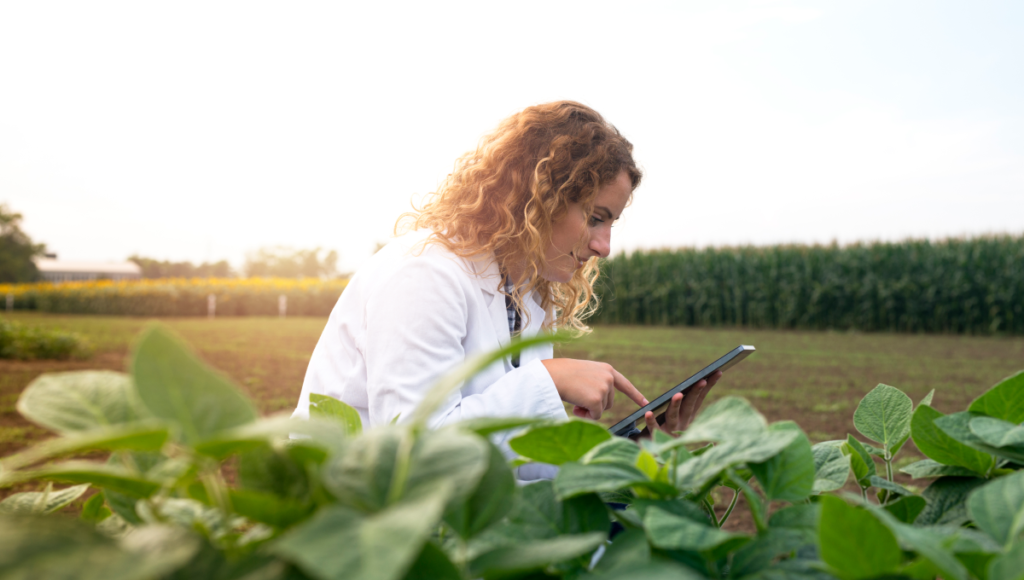The food handling, formulation, and distribution market demands a series of precautions and measures that protect everything from the raw material to the final product that will go to the consumer’s home.
This strict control is necessary since these are inputs that can be easily spoiled and, consequently, cause health problems for the buyers and immeasurable losses for the company.
It is in this scenario of increased inspection and quality control that the concept of traceability in the industry comes into play, a very relevant topic that will ensure even more success in your plant’s demands. Check out the article below to learn about the concepts and the importance of this practice. Read on!
What is traceability?
As the name suggests, traceability is associated with the concept of tracking something. In the case of the food industry, this idea is the practice of following in detail each stage of a production chain that involves a certain food or product.
Starting from the breeding of the animal, including the type of food and treatment it received, to the arrival of the goods at the consumer’s home, through all the handling done in the factories and the transport to the sales centers.
This integrated information system helps your company to know precisely what is being done well and what needs to be re-evaluated. In addition, it creates a level of quality and commitment to excellence, since the data is tangible and measurable.
Handling safety
One of the fundamental points of this traceability process is the guarantee that a given product, whether of animal origin or formulated in a laboratory, is 100% inócuo, that is, it does not cause any risk to human health.
And it is known that without the correct care and hygienization of the handling and manipulation sites, the risks of contamination are enormous. In this sense, the practice of seeking accurate data about the production stages is essential. Traceability works to ensure that the entire process is clean and in accordance with the country’s sanitary standards.
Moreover, this is a guarantee for the company that it is following all the necessary requirements for working with this type of product and service.
Product quality monitoring
Traceability in the food industry is closely connected with product quality monitoring. This means that the team responsible for the traceability data analysis is able to perceive if the final result of what was manufactured is really within a quality margin considered acceptable by the market, and of course, by the company itself.
It is also important to remember that it is not enough for your company to be an adherent of this type of practice, after all, it is of little use to have information from only one part of the production chain. This is an idea that all suppliers of inputs, raw materials, and ingredients need to adhere to, so that everyone has proven quality products to offer to large industries.
Customer Confidence
Just as your industry needs to trust the quality of the products offered by your suppliers, your customers also want to have the same feeling when buying goods made by your company, which is why it is so important that traceability is performed with excellence.
Even if the final client does not know what this concept means and does not even imagine that this control is rigorously done, it is noticeable through sales and the way your products are seen in the market, whether or not they trust the quality of what you do. This is just one more step in a relentless work to position yourself positively in the market and be ahead of the competition.
Transparency of data in the process
Transparency in obtaining and analyzing data ensures that your company is more responsible and correct in the face of market surveillance. Being clear about where each of your ingredients is sourced from, how the animals are treated, how your industry handles it, how distribution is done, and how the products reach consumers is a very important way to take care of everyone involved in the process.
The importance to the plant
As we have seen, the traceability system is not only important, but fundamental to implement changes that improve product quality and ensure the integrity of the materials supplied by partner companies and producers to their industry and consumer market. From compliance with laws and regulations to continuous quality assurance, traceability and automation of information linked to raw materials and finished products has become mandatory for the survival of any food company.
